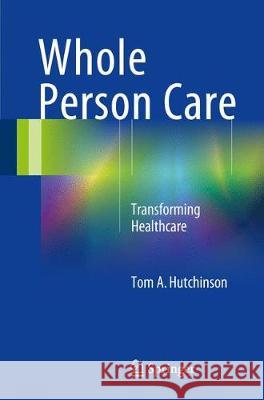Whole Person Care: Transforming Healthcare » książka
topmenu
Whole Person Care: Transforming Healthcare
ISBN-13: 9783319590042 / Angielski / Miękka / 2017 / 150 str.
Whole Person Care: Transforming Healthcare
ISBN-13: 9783319590042 / Angielski / Miękka / 2017 / 150 str.
cena 261,63
(netto: 249,17 VAT: 5%)
Najniższa cena z 30 dni: 250,57
(netto: 249,17 VAT: 5%)
Najniższa cena z 30 dni: 250,57
Termin realizacji zamówienia:
ok. 22 dni roboczych.
ok. 22 dni roboczych.
Darmowa dostawa!
Kategorie BISAC:
Wydawca:
Springer
Język:
Angielski
ISBN-13:
9783319590042
Rok wydania:
2017
Wydanie:
2017
Ilość stron:
150
Waga:
2.64 kg
Wymiary:
23.5 x 15.5
Oprawa:
Miękka
Wolumenów:
01











